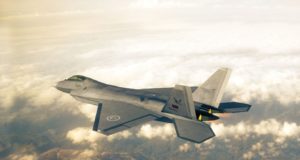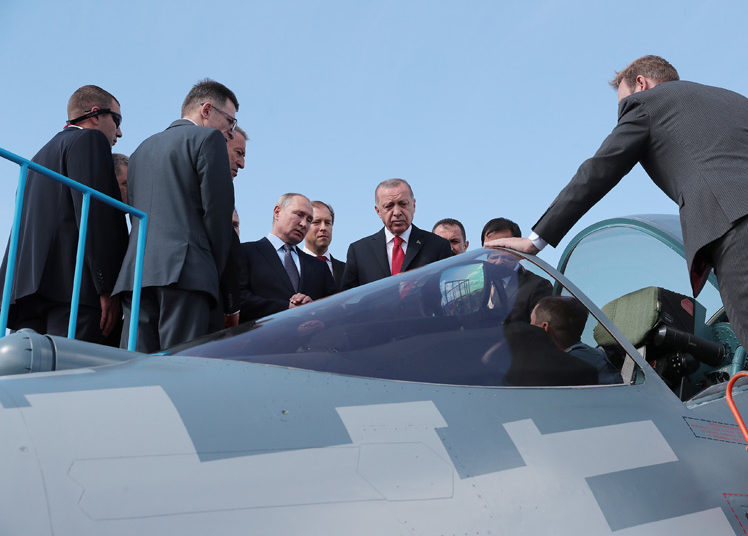Abdullah Bozkurt/Stockholm
Turkish President Recep Tayyip Erdoğan’s quest to purchase Russian Sukhoi fighter jets to blackmail Turkey’s ally, the US, has apparently been put off after a confidential internal study warned that a shift from NATO systems would come at a huge cost for Turkey.
The main conclusion of the study on the possible impacts of buying the Russian jets was inadvertently revealed during a TV interview with İsmail Demir, head of the Presidency of the Defense Industry (Savunma Sanayii Baskanligi, SSB), Turkey’s top defense procurement agency.
“We have analyzed this from top to bottom. When that happens, you are entering a completely different system … and the system Turkey is used to is NATO’s. When you switch to another system, it has [negative] side effects and costs. … At this stage, there is a position to maintain some distance on that subject,” Demir said during a live interview on December 17.
He also hinted that the Turkish Air Force (TAF) is opposed to buying Russian combat jets, which is not surprising given the fact the entire air force is almost totally dependent on US-manufactured aircraft, especially the F-16, and that training systems have all been built around operating that fleet for decades.
İsmail Demir, head of the Presidency of the Defense Industry (Savunma Sanayii Baskanligi, SSB), Turkey’s top defense procurement agency, revealed in a TV interview why Turkey has distanced itself from the idea of purchasing Russian fighter jets:
Demir’s admission exposed President Erdoğan’s bluff with the US and his overtures to Russia in buying the fighter jets. Erdoğan started entertaining the idea of buying the Russian aircraft after he attended the MAKS 2019 International Aviation and Space Salon in Zhukovsky outside Moscow, on August 27, 2019. Accompanied by Russian President Vladimir Putin, he inspected an SU-57.
In September 2021 Erdoğan announced that his government was considering more cooperation with Russia in the defense industry, including on fighter jets and submarines. His comments were made a day after he met with Putin in the Black Sea resort of Sochi.
The public discussion on the Russia option intensified further after Turkey was expelled from the global F-35 Joint Strike Fighter program due to its purchase of Russian S-400 long range missiles despite repeated warnings from the US.
Although Turkish officials have floated the idea of buying Russian jets for two years, they privately knew the Russian option had little to no chance. The internal interagency discussion had already concluded that shifting to Russia on combat jets would be too much for Turkey to bear.

Given the fact Turkey’s own program, the National Combat Aircraft (Milli Muharip Uçak, MMU), is still in its early stages, Turkey has to turn to the US to keep its air force in the air. In October Turkey asked to purchase 40 Lockheed Martin F-16 fighter jets and nearly 80 modernization kits for its existing warplanes.
It appears Turkey is having second thoughts on the deployment of the S-400 missiles it bought from Russia after the US sanctioned the SSB and four of its officials. The Turkish military has tested the missiles but not yet put them into action. Defense Minister Hulusi Akar was evasive during budget talks in parliament on November 16, deflecting lawmakers’ questions on what happened to the Russian missiles. He cited the lack of any air attack on Turkey and military secrecy in disclosing any information on what really happened to the missiles. “Everyone should know that they will be used whenever and wherever they are needed, “ Akar told the lawmakers.












